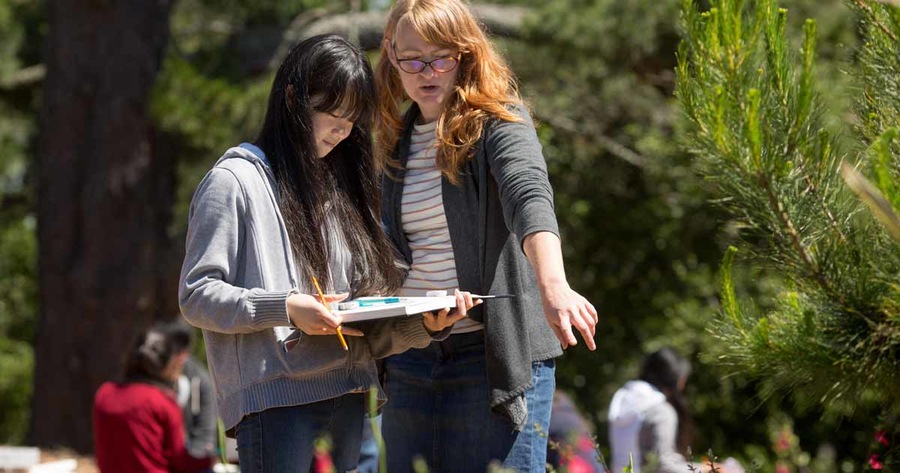The goal of the consensus study—meaning it summarizes what is known—is to "provide a path forward that is actionable for policymakers, funders, sectors, and agents involved in the environments and experiences of children and youth in summertime to improve the quality, effectiveness, and equity of their efforts," according to the authors.
The Wallace Foundation and the Robert Wood Johnson Foundation provided funding to NAS to create a Committee on Summertime Experiences and Child and Adolescent Education, Health and Safety, comprising authorities on sociology, education, medicine, public health, nutrition and obesity, developmental psychology, positive youth development, public policy, juvenile justice, business, workforce development, and urban planning. The committee reviewed the existing literature on summertime and gathered information and testimony from experts and stakeholders. It focused on four domains of well-being:
- Academic learning
- Social and emotional development
- Physical and mental health
- Safety, risk-taking, and pro- and anti-social behavior
One of the committee's key conclusions is that disadvantaged children and youth face many obstacles in getting their needs met across these four domains and in gaining access to positive summertime experiences. Addressing basic needs, including safety and adequate nutrition, must be a prerequisite of summer programs. The committee also concludes that, while there is a substantial body of research on how summer affects academic learning, less is known about its impact on the other three domains of well-being. Existing data systems do not adequately capture the difference in outcomes between summer and the rest of the year.
Among the committee's recommendations:
- Local governments should develop quality management systems to assess existing summer learning experiences and address unmet needs.
- Federal and state agencies should look for opportunities to extend school-year funding and resources into the summer months.
- Philanthropic funders should increase their support for intermediary organizations, which serve as "central organizing, leadership, fundraising, measurement, and support systems" for summer programs.
- The U.S. Department of Agriculture should work with state and local governments to reduce food insecurity for children and youth in the summer through existing programs.
- Government should work with the private sector to increase funding for summer youth employment programs and promote employer policies and programs (e.g. corporate social responsibility programs) that make summer learning experiences more available and accessible.
You can read the full report here.




